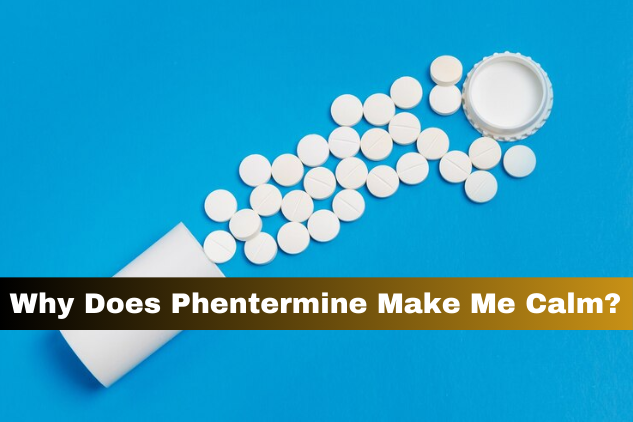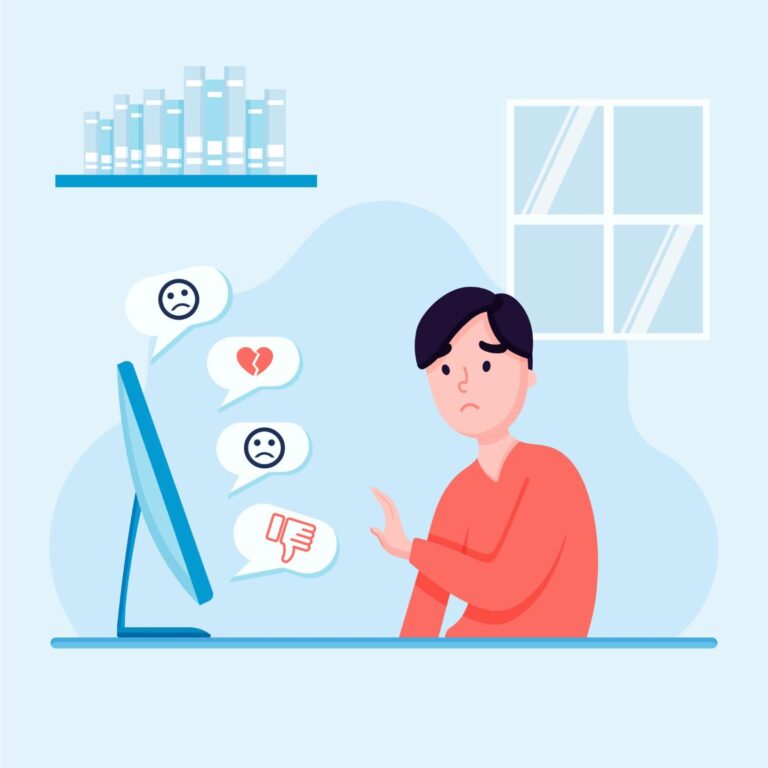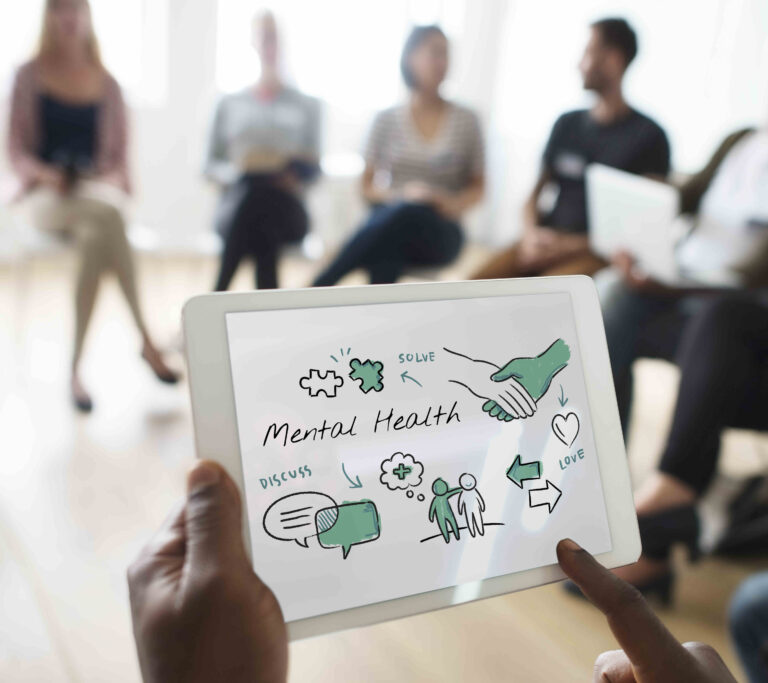Teenagers & Mental Health: 10 Signs That Your Adolescent Is Struggling and Needs Help

It’s a scary time for adolescents and their parents. According to recent research, around 40% of US teens live with anxiety, while 15% of them suffer from depression. Persistent sadness and hopelessness affect 4 in 10 adolescents, and 1 in 5 kids aged 13-17 have suicidal thoughts. That’s alarming.
While children are trying to find their place in an image-obsessed world ridden with insecurity, violence, and chaos, parents are struggling to differentiate what’s typical teenage behavior from what’s not. Is it another gloomy phase or something that calls your attention? How do you tell?
These are the usual symptoms that teen mental health professionals warn about:
Risky behavior
“Risky behavior in an adolescent envelops a wide range of activities that are harmful to this person and their environment,” explains Dr Fiona Ray, CEO of the Orange County residential treatment center Arrow House. “This could be anything from substance abuse to sexting and dangerous driving.” If your child has developed risky behavior, it is crucial to seek professional help as soon as possible.
Low self-esteem
Most teenagers are dissatisfied with their body image during this major transactional period, and many become shy and self-critical. It’s a phase that must be handled with a lot of care and support. In some cases, low self-esteem goes to extreme levels where a child withdraws from social life and starts to avoid tasks and challenges without even trying. That can lead to self-hate and harm.
Loss of interest
One of the most frequent symptoms of depression in both teens and adults is loss of interest and lack of motivation. While this could mean your teenager is simply moody, it could also signal a more serious problem. When an adolescent shows diminished interest or pleasure in daily activities, including favorite ones, for longer than two weeks, that’s called anhedonia, and it is a symptom of MDD.
Sleeping too much
Teenagers need plenty of sleep because their bodies undergo exhausting hormonal changes. If your child gets 8 to 10 hours of sleep every night, that’s considered normal. Anything more than that is excessive and may be a red flag for depression or another mental illness. Keep in mind that technology is keeping a lot of teens awake at night, causing sleep disorders and daytime sleepiness.
Depressive states
More serious indicators of teen depression and major depressive disorder are “persistent feelings of sadness and hopelessness.” Parents must learn to differentiate this state from Weltschmerz and other “blue” moods that are typical in teenage years. Unlike these, depression is not triggered by a discrepancy between the real world and its ideal state, and it can’t be controlled.
Anger and irritability
Standing on the verge of adulthood with a still-fresh memory of childhood innocence is difficult, to say the least. Anger, frustration, and irritability are all normal responses to this confusing state, and they are not always cause for concern. However, when these intense feelings mutate into consistent aggression that can’t be rationalized and prevents normal functioning, that’s a warning sign.
Behavioral addictions
A behavioral addiction is when a person forms an uncontrollable habit that’s unhealthy for their physical and mental well-being. The most common examples of these so-called non-substance addictions are gambling, gaming, pornography addiction, shopping addiction, food addiction, and exercise addiction. Teens are especially vulnerable to these because they give them an instant reward.
Changes in appetite
Drastic changes in appetite in teenagers are always a sign that something is wrong. Eating disorders can manifest through starvation or overeating and can point to a vast range of mental issues. An adolescent body needs a healthy diet and plenty of nutritious food, so it’s sometimes hard to decide how much food is too much. Extreme weight loss, binge eating, and obesity require professional help.
Unexplained sickness
Stomach problems, headaches, as well as other types of pains and aches are often symptoms of mental disorders, as well. Sometimes, they have no physiological base and can’t be explained from a medical standpoint. In other examples, the body absorbs psychological trauma and starts to develop or worsen psychosomatic problems. In either case, unexplained sickness must not be neglected.
Lack of self-awareness
All adolescents are self-involved to a certain extent, but more and more suffer from a complete lack of self-awareness. In many of these cases, we have social media to blame. Overexposure to other people’s opinions may lead to an identity crisis that is extremely detrimental for adolescents who are in the middle of coming to terms with their personalities, behaviors, and feelings.
What to Do When Your Teen Needs Help
The importance of being present and aware of the problem cannot be overstated. A teenager’s mission is to rebel against the world, but they still need their parents to have their back. Unconditional love and support are an excellent place to start, but so is admitting defeat. As parents, we must have the strength and maturity to recognize our wrongs and seek professional help when needed.





